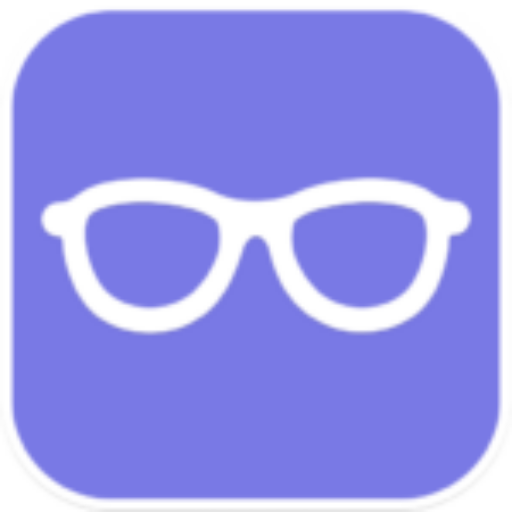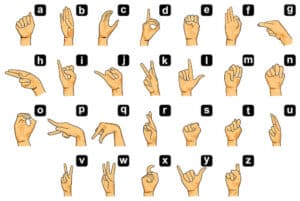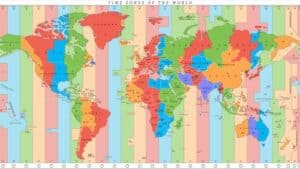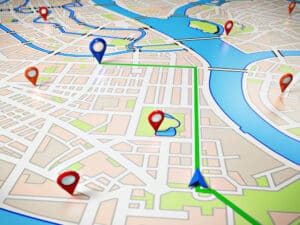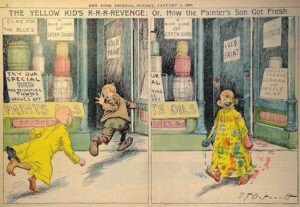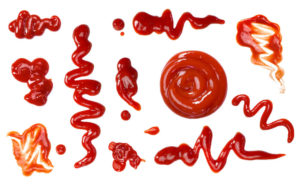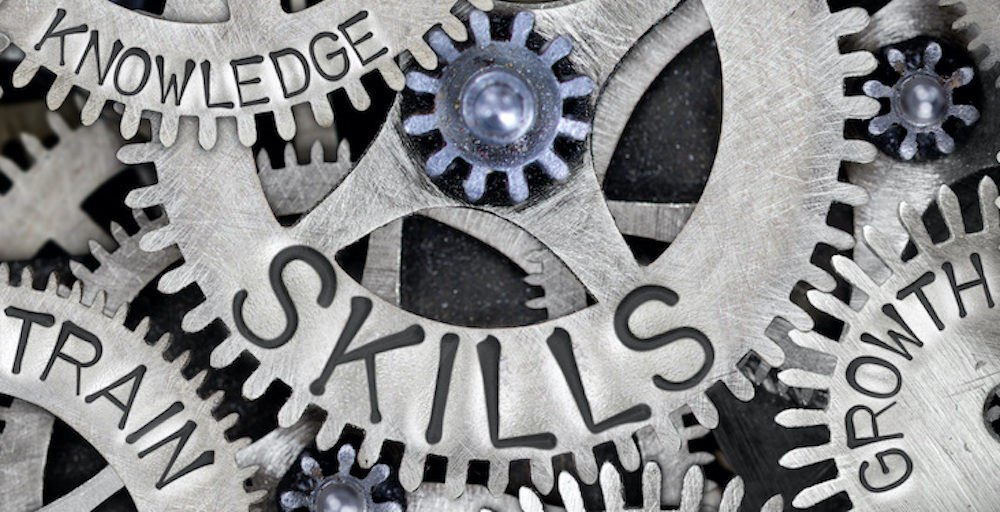Efficient Ways of Knowledge Gaining
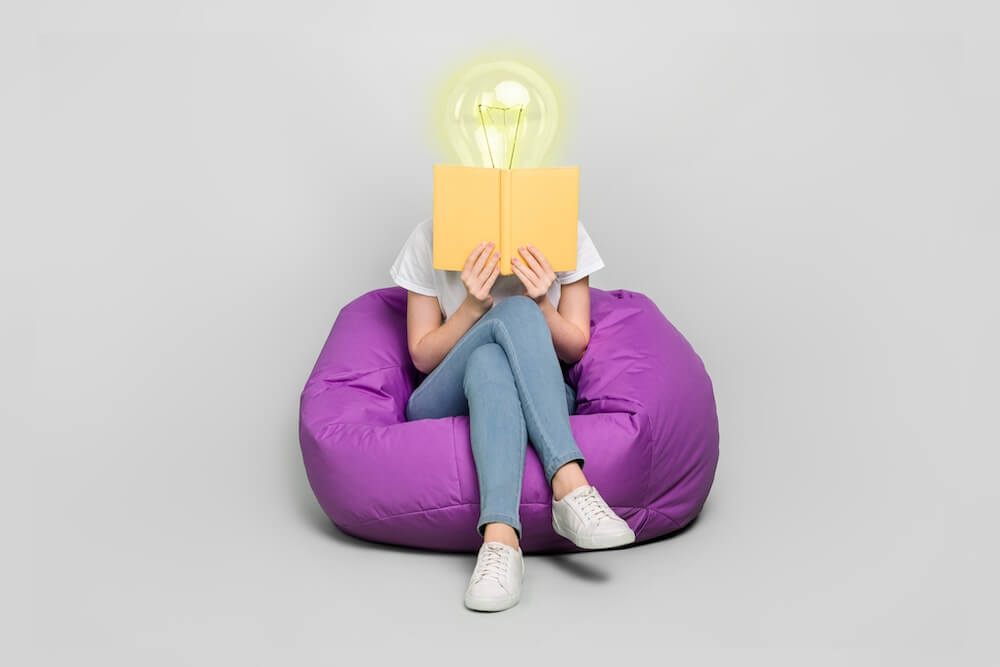
Knowledge is a powerful instrument that helps us become successful, confident, and interesting people. It influences our quality of life and helps in building a career.
The thing is, it’s hard to define the best source of knowledge that works for everyone. Instead, there are different ways to acquire knowledge that complement each other. This article gathered the most efficient tricks for becoming more intelligent.
Use Nerdish
Nerdish is one of the modern ways of obtaining knowledge wherever you are. We publish articles that take 15 minutes to read in this app and provide you with a daily dose of quality reading. Also, we added a time tracker to motivate you to read daily. Plus, Nerdish helps to develop a healthier relationship with your smartphone. Instead of mindless scrolling on social media, you can use this time to learn something new. We created Nerdish to source you with basic knowledge on different topics, so you will never get bored. And we constantly add fun facts that are easy to share and amaze your friends.
Define what you are looking for
The first step to getting the knowledge is to specify your areas of interest: what do you want to learn? You might want to continue your professional development or study something entirely new. Like, remember when you said: “I wish I knew how to play the cello,” “I wish I learned about artificial intelligence,” and “I wish I did take that art class.” These are your starting points: things of your genuine interest and unfulfilled dreams.
Establishing your educational needs helps to put some structure to your learning process. Planning might seem boring, but it motivates you to continue and helps track your progress.
Keep an open mind
To gain knowledge in any field, we have to keep an open mind. The explanation is simple: we are more likely to accept new ideas when we keep our opinions fluid rather than rigid. Open-mindedness allows us to turn off filters and try to see the picture from another side. This concept helps to build a career and keep track of trends. A modern professional isn’t the one who knows it all but strives to earn knowledge and get new skills. Whether you work in marketing, IT, teaching, or psychology, there is always something new to learn. So, rather than being a “know-it-all” person, try being a “tell me more” one.
In practice, it means attending lectures by your field’s pros, reading professional literature, and communicating with your colleagues. Having an open mind is a way to let your brain constantly process new information and become more competent.
Develop learning habits
Getting knowledge requires daily practice. But it doesn’t mean you have to force yourself into studying. Instead, try incorporating learning into your daily routine. Define tasks you’d like to do every day, adding time slots for each. Listen to audiobooks on your way to the office, read Nerdish articles while waiting in line, and watch documentaries while cooking dinner.
In consequence, knowledge is acquired more effortlessly. In addition, you can set some tasks on your “to-do” list: read 15 pages, learn a flower’s name, and memorize the capital of one more country. You can mix & match these little tasks so that you gain the knowledge and feel some progress by the end of the week.
Ask questions for acquiring knowledge
There is a stereotype that we show our lack of intelligence by asking questions. In reality, questioning is one of the best ways to get good knowledge. Asking another person to share an experience shows our curiosity and will to know more. Instead of cold theories, we can gain insights from others based on real life. Plus, asking is a great trick to making a fruitful conversation with people. You show respect for their expertise and sincerely want to know their opinion. This method of gaining knowledge especially works when dealing with complex notions. For instance, you’d like to understand Marxian economic theory. It can be hard to digest all those terms and definitions. But here’s John, who has a degree in economics and looks pretty bored at the party: ask him for some explanations.
Read every day
Reading is the most reliable method of obtaining knowledge. There are several important things about reading, though. First, choose quality literature: look for Amazon, The New York Times top lists, and ask colleagues and friends for a good book. Second, read daily: your brain will get used to it in this way. You can take a paper book, e-book, an article, or even a blog post. The important thing is to make reading a mundane habit like brushing teeth every day.
Here we wrote about how much we should read.
Third: don’t neglect fiction. A novel is a great instrument to expand vocabulary, source imagination, and switch off the real world. Several studies highlight fiction literature as one of the best remedies to stress and anxiety.
Listen podcasts for obtaining knowledge on the go
How much time do you spend walking, shopping, or standing in lines each day? You can enrich these hours by listening to professional and general topics, audiobooks, and interviews. Even if you’re not a sound-oriented person, you can learn from verbal sources. Beginner tip: choose shorter materials at first to stay entirely focused. If you want a real challenge, try to listen at x1,5 speed. In this way, you can get more information in a shorter time and learn to process it faster.
Join online classes for knowledge gaining
Modern philosophy of continuous education led to numerous courses available online. These resources became super convenient to get good knowledge since the pandemic started: take Coursera, Udemy, or edX. Imagine that you can acquire the knowledge while sitting in the comfort of your home and cuddling with your pet: study world history, gestalt psychology, Python, or fashion illustration within two clicks.
The challenge here is to build enough self-discipline and self-motivation to finish the course. Planning, push notifications, and calendar reminders are your best helpers to get knowledge from the internet.
Take notes
Numerous studies show that you are more likely to memorize things by writing them down. When you take notes, you do this in your own words, and might remember the material better. You can review your writing and make a retrospective of what you have already learned. Again, the research says that handwriting is more efficient to imprint the facts in the memory, but even electronic devices still work. Whatever you choose, taking notes is one of the most efficient instruments to build solid knowledge.
Practice mindfulness
A mindfulness technique has become very popular in Western culture in recent years. It means being aware of the present moment and focusing on what you are doing. In terms of studying, mindfulness helps to concentrate on the materials. First, scan your surroundings and your body’s feelings, and take a few deep breaths. Then, remove things that distract you: switch off a smartphone, close a window, fetch a pillow behind your back, etc. As an extra tip – set a timer to 20-30 minutes. Complete focus on studying, even for a short time, makes the process of acquiring new knowledge more efficient.
Reward yourself
Rewarding is an efficient driver that pushes us to make an effort every day. You can imagine some “treats” for completing your learning plan: finishing classes, reading 20 books in a year, etc. Be grateful to yourself for all your efforts.
That said, sometimes not everything can work according to your plan. In this situation, try not to be too hard on yourself. It’s okay to have some ups and downs as long as we continue working, learning, and doing our best.
Tell stories
When you explain something to others, you memorize it better. The brain needs to reproduce information to create a neurological connection that ensures data is safely saved. So, don’t hesitate to share your knowledge with your friends and colleagues.
